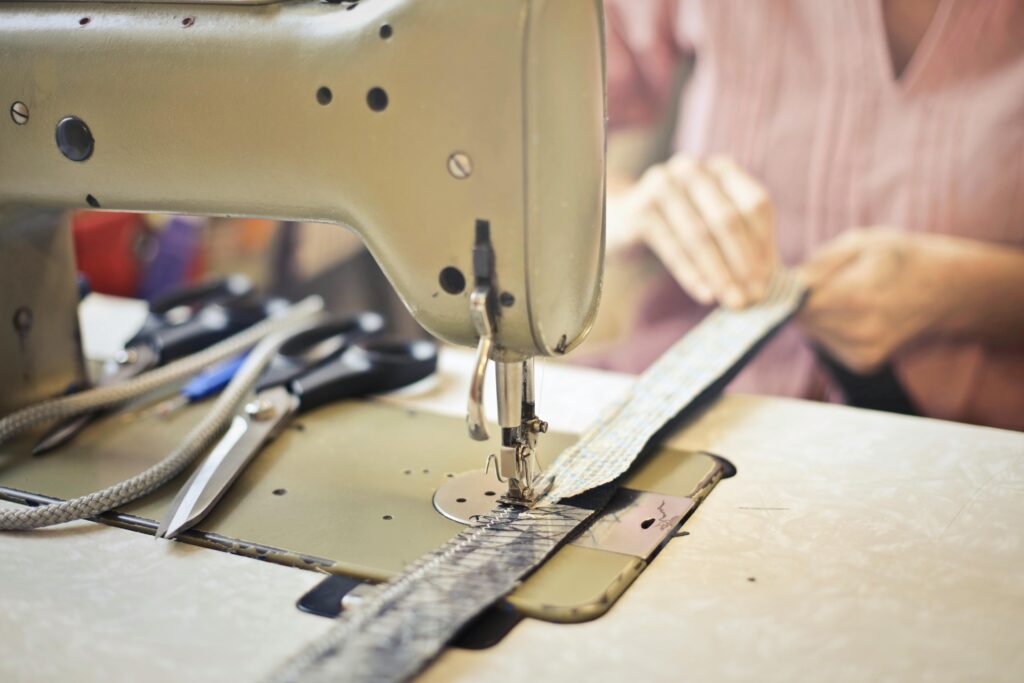Want to know your ethical score? Login now to find out!
Curious about which brands are ethical or not? View our brand ratings here!
Want to connect with like-minded individuals? Join the movement!
Gain discounts while shopping ethically, sign up for free here!
How Small Fashion Brands Are Paving the Way for a Sustainable Future
Discover how small brands are transforming fashion through transparency, sustainability, and ethical values.
The Rise of Ethical Fashion
As awareness around sustainability grows, many small fashion brands are stepping up to shape the future of ethical fashion. Compared to some fast fashion companies, many independent labels are placing a higher priority on eco-conscious practices, proving that fashion can be both stylish and sustainable.


Sustainable Materials and Transparent Supply Chains in Fashion
One of the primary ways small fashion brands contribute to a greener future is through the use of eco-friendly materials. Many brands are opting for organic cotton, recycled fabrics, and innovative materials like Tencel, a sustainable fiber made from wood pulp. By avoiding harmful chemicals and reducing water waste in production, these brands help minimise the environmental impact of clothing manufacturing.
Another key factor is transparency. Small fashion labels often prioritise a transparent supply chain, providing consumers with insights into how and where their products are made. They tend to work with ethical suppliers who ensure fair wages and safe working conditions for employees, setting a standard for how the fashion industry should treat its workers.
Circular Fashion Practices: Repair, Reuse, Recycle
In addition, many of these brands are adopting circular fashion practices, such as offering repair services or creating clothing recycling programs. These initiatives reduce waste and promote a circular economy where clothing is reused, repaired, or recycled rather than discarded.


A Harmonious Blend of Style and Sustainability
Ultimately, small fashion brands are proving that sustainability and style can coexist. Through innovation, transparency, and a commitment to ethical practices, they are paving the way for a fashion industry that values the planet and its people.

